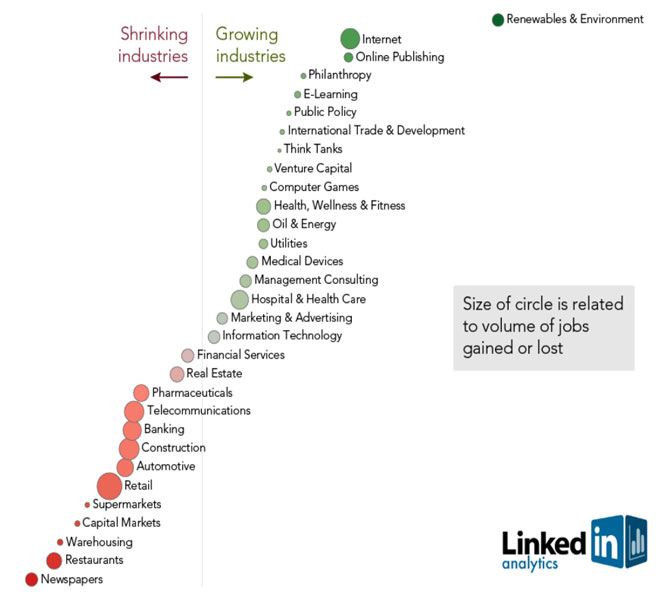Mr. Zuckerberg’s control is based on the structure of Facebook’s shares. Facebook is proposing to go public with a dual-class share structure. Public shareholders will purchase Class A shares that have one vote apiece. Mr. Zuckerberg, Facebook employees and current Facebook investors will hold Class B shares, which have 10 votes apiece. This is a deviation from the one share one vote norm followed by most publicly traded companies.
Eight years after the company’s founding, Mr. Zuckerberg has retained a remarkable percentage of Facebook’s ownership — he currently owns 28.4 percent of the Class B shares.
This alone does not give Mr. Zuckerberg total control over Facebook.
He has also entered into voting agreements with other Class B shareholders, including shares held by the Facebook co-founder Dustin Moskovitz and Facebook’s first president, Sean Parker. These agreements give Mr. Zuckerberg voting control over an additional 30.6 percent of the Class B shares. Mr. Zuckerberg even retains control over about half of these shares if he decides to leave Facebook. Post-I.P.O., he will control at least 57.1 percent of the Class B shares, potentially more if some investors sell their B shares in the offering. This will give him complete voting control over the company.
Mr. Zuckerberg’s consent will be required if the company is sold. Unlike most public companies, Facebook will not have a nominating committee for its directors comprising the independent directors on Facebook’s board. Instead, all of the directors will be selected by the board itself, a group that will be appointed by Mr. Zuckerberg. He can also remove and replace any director at any time.
Nor is this going to change any time soon.
Facebook’s organizing documents dictate that when Class B shares are transferred, they typically will convert into the low-vote Class A shares. It is likely that, over time, Mr. Zuckerberg will hold onto the bulk of his Class B shares as other holders of Class B shares sell off their stakes.
This is the rub of the dual-class shares.
Mr. Zuckerberg can also sell down his shares. But until the Class B shares comprise less than 9.1 percent of the outstanding Facebook shares, the holders of the Class B shares control Facebook.
Given this low threshold, Mr. Zuckerberg, 27, is likely to have enough Class B shares to give him control of the company for a long, long time, despite the fact that he will have a much smaller economic stake. In fact, other shareholders are more likely to sell their Class B shares more quickly than Mr. Zuckerberg, who appears to want to manage Facebook for the long-term.
As a result, his control over Facebook could increase over time.
{ DealBook/NY Times | Continue reading }
Consider the 843 million monthly users and the 450 million daily users. Those sound like enormous numbers — but what do they really mean? (…) If you click on a Like button any given day, you are counted by Facebook as an active user that day.
From the S-1:
Daily Active Users (DAUs). We define a daily active user as a registered Facebook user who logged in and visited Facebook through our website or a mobile device, or took an action to share content or activity with his or her Facebook friends or connections via a third-party website that is integrated with Facebook, on a given day.
All of those people clicking all of those “Like” buttons are counted as active that day, EVEN IF THEY NEVER GO TO FACEBOOK.COM.
Think of what this means in terms of monetizing their “daily users.” If they click a like button but do not go to Facebook that day, they cannot be marketed to, they do not see any advertising, they cannot be sold any goods or services. All they did was take advantage of FB’s extensive infrastructure to tell their FB friends (who may or may not see what they did) that they liked something online. (…)
It helps to explain why Facebook’s valuation may be so greatly exaggerated.
{ Barry Ritholtz | Continue reading }




















